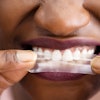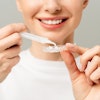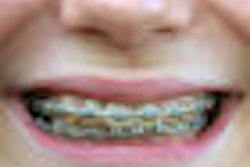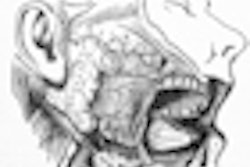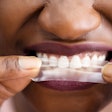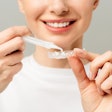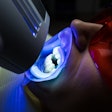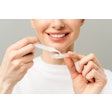One in eight adolescents with overbites or irregular-shaped teeth has experienced bullying, negatively impacting self-esteem and the quality of oral health, according to a report published in the British Dental Journal (May 2011, Vol. 210:9, pp. 411-415).
The authors, hospital-based orthodontic specialists, found that children between the ages of 10 and 14 were at an increased risk of being teased or bullied by their peers if they had certain dental features, including maxillary overcrowding; a cleft lip, with or without a cleft palate; an overjet; or a deep overbite.
The specialists also expressed concern that psychosocial factors are not considered when assessing a child's need for orthodontic treatment, although they acknowledged that the relationship between the shape of teeth, self-esteem, and bullying is a complex one.
"Currently, the severity and need for orthodontic treatment within the U.K. is judged on occlusal [bite] and aesthetic impairment, without consideration of psychosocial factors," they noted.
Because prominent or irregular shaped teeth can affect children's self-esteem, or make them the subject of teasing or bullying at school, it is important that these factors are taken into account when referrals for orthodontic treatment are considered, commented Damien Walmsley, scientific adviser for the British Dental Association (BDA).
"As studies show that having well-aligned teeth can influence our ability to make friends and progress in our careers, it's not surprising that young children pick up on society's ideal of what is perceived to be attractive early on," he stated in a BDA press release.
